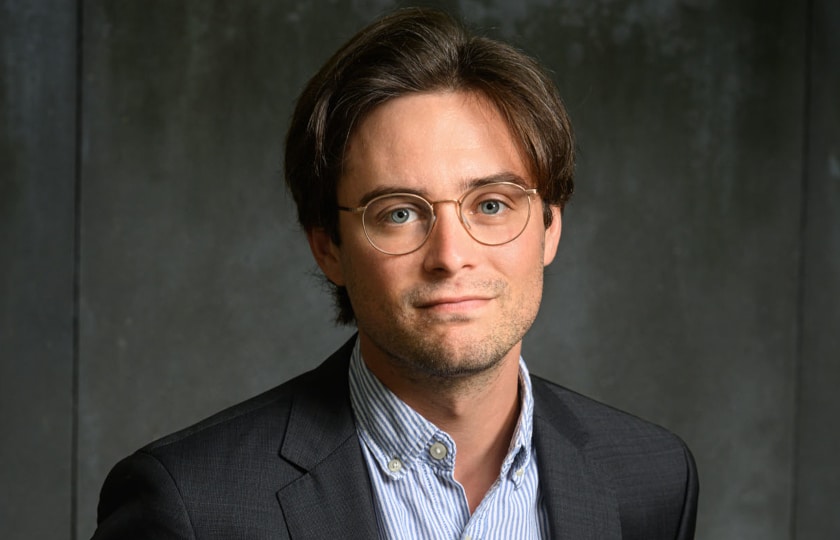The massive expansion of internet-based journalism and digital platforms on a global scale has revived an old question: Has the number of players, and thus the concentration of power and reach in the media industries, individually and collectively, increased or decreased over time?
The international Global Media & Internet Concentration Project (GMICP), led by Prof. Dwayne Winseck (Carleton University, Ottawa), examines this question by analyzing two dozen communication, internet and media markets in almost 40 countries.
Once the reports and data sets are completed, they will be published.
The common market definitions and methodologies used by all participating country teams should enable accurate country comparisons.
The HBI, led by Tobias Mast, has been responsible for collecting the data and preparing the reports for Germany since spring 2023 and is expected to continue this work until 2028. Dr. Hendrik Theine is involved in the project as an external researcher, together with research assistants Lukas Barbutev (Universität Hamburg) and Josefine Spannuth (Carleton University).
Project Researchers at HBI: Dr. Tobias Mast and Lukas Barbutev.













